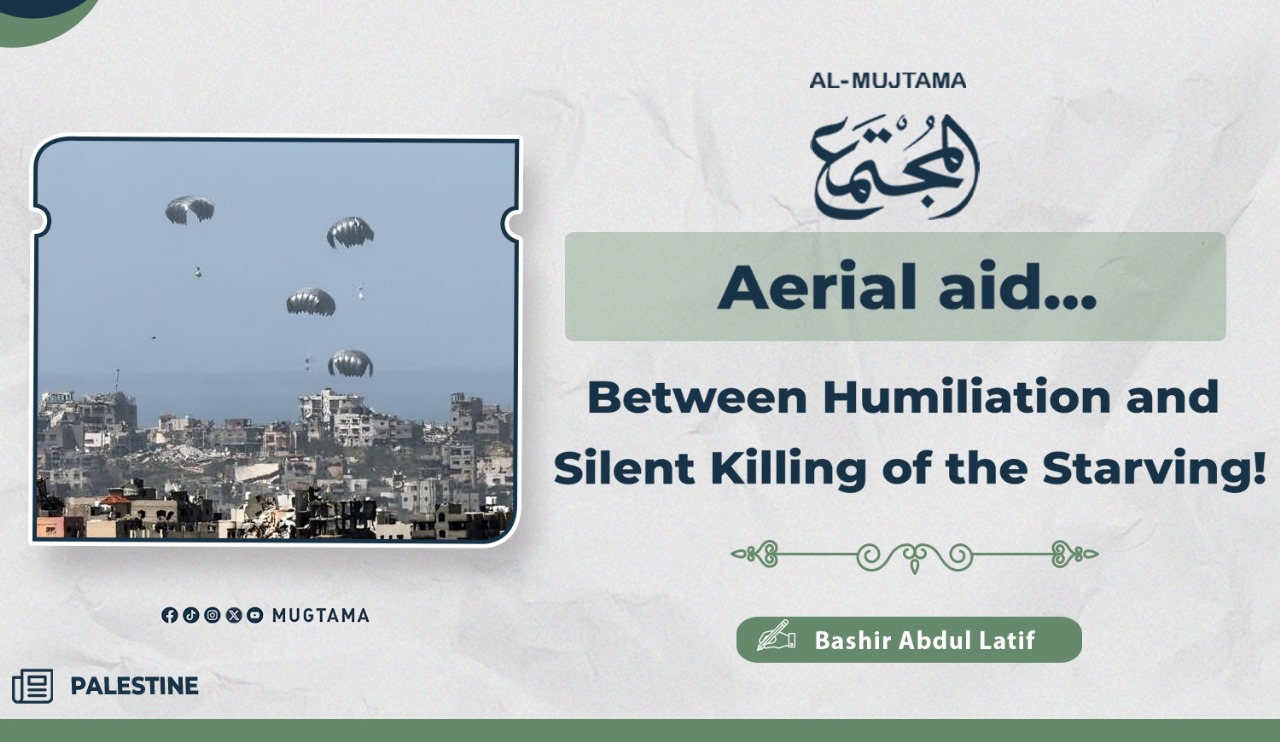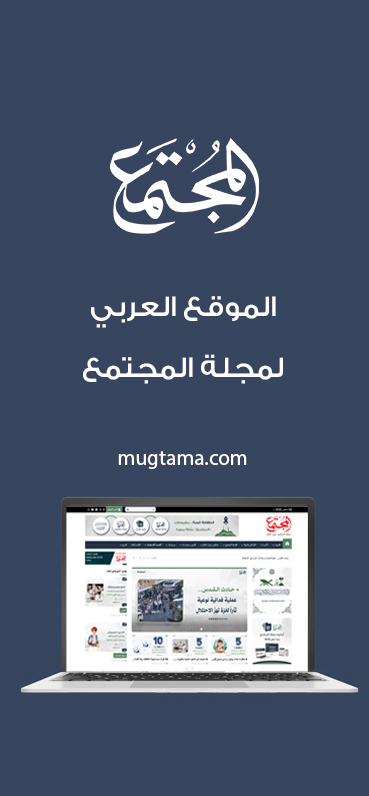"Aerial aid... between humiliation and the silent killing of the starving!"

The
sight of planes dropping aid to the besieged people of Gaza has become a
familiar and painful one — as if mercy exists only in the sky, while those on
the ground are either helpless or complicit. This scene, where food parcels
descend by parachute, raises moral and legal questions:
Is this enough?
Do airdrops truly relieve hunger, or do they merely reinforce humiliation?
Is silence in the face of deadly starvation a crime — or complicity?
Aid... A Tool of Numbing or a Gesture of Rescue?
There
is no doubt that saving lives is a duty, and that one who throws food is not
the same as one who turns their back on the hungry. But do these aids address
the root of the problem? The truth is that air aid, even if it carries good
intentions, suffers from three major crises:
- Insufficiency: The
quantities do not suffice; they barely provoke a struggle for scraps.
- Irregularity: They fall in random places and may cause the death of those
who rush towards them, as has happened repeatedly.
- Political exploitation: Some countries have started to use them to whitewash
their image in front of the media, while they are the same ones that support or
remain silent about the aggression.
From an Islamic perspective: Is it permissible to suffice with dropping food from the air?
From
a Sharia (Islamic legal) perspective:
Remaining
silent in the face of famine is an act of injustice and betrayal. The Prophet ﷺ said: “Whoever is not concerned with the affairs of the Muslims is not one of
them.” (Narrated by al-Tabarani).
And
if a Muslim knows that his brother is perishing from hunger and is able to help
him but does not, then he bears a sin. Allah the Almighty says: (Cooperate with one another in goodness
and righteousness, and do not cooperate in sin and transgression. And be
mindful of Allah.) ( Al-Ma'idah:2)
As
for the one who gives, but in a manner that neither saves lives nor prevents
destruction, he is negligent and has not fulfilled his full duty.
Dropping
food from planes without a well-thought-out plan — or in place of political
action to lift the siege — does not absolve the Ummah of blame. When aid fails
to reach its recipients, or ends up killing those waiting for it, it becomes a
tool of humiliation, not relief.
When Aid Becomes a Cover for Silence
What
is astonishing is that some of the very regimes promoting airdropped aid are
the same ones blocking land convoys, closing border crossings, or participating
in the siege — even through silence. In such cases, hunger becomes a tool of
systematic mass killing.
"Has
the world forgotten Gaza?"
- Patients who died due to the denial of medication.
- Children who were martyred while running after a food tent.
- Thousands eating leaves of trees, barley flour, and animal feed.
These tragedies are not merely abstract divine fate, but a inevitable result of
a human siege and an international crime executed through the tools of hunger,
masked by the cover of aid.
Scenes of humiliation are just as harrowing as scenes of death.
Umar
ibn al-Khattab (may Allah be pleased with him) once said: “Since when have you
enslaved people when their mothers gave birth to them free?”
So what then of those who are starved, humiliated, and left to beg for scraps —
from their enemies or from those who have abandoned them?
Collective Responsibility: Who Is to Blame?
Responsibility
does not rest solely on the occupying force — it is shared among many:
- Arab and Islamic
regimes that have the power to break the siege if they truly willed yet
chose safety over dignity.
- Scholars and
preachers whose voices fell silent when it came to Gaza, or who took
refuge in cowardly neutrality.
- The people of the
Ummah, who did not apply enough pressure, nor rise in anger as the
situation demanded.
- International
organizations, which turn a blind eye to the famine and legitimize
starvation in the name of sovereignty.
- The
religious responsibility in this is clear. The Prophet ﷺ
said: “The Muslim is the brother of
another Muslim — he does not oppress him, nor does he abandon him.”
(Reported by al-Bukhari).
So,
is leaving the starving to die not simply another form of handing them over to
the enemy?
Is
this enough?
No, it is not.
Airdropped
aid is not enough.
Media coverage is not enough.
Sympathy is not enough.
Silence
is a crime. Complicity is a crime.
Gaza
does not need crumbs — it needs the siege to be broken, the equations to be
overturned, and a stance of dignity, not tears of regret.
So,
does a brother save his brother with scraps from the sky — or by breaking the
chains on the ground?
______________________________________
Read also:
The
people of Gaza are dying of hunger and thirst without anyone to help them!
What
if a devastating disaster occurs in Gaza?











